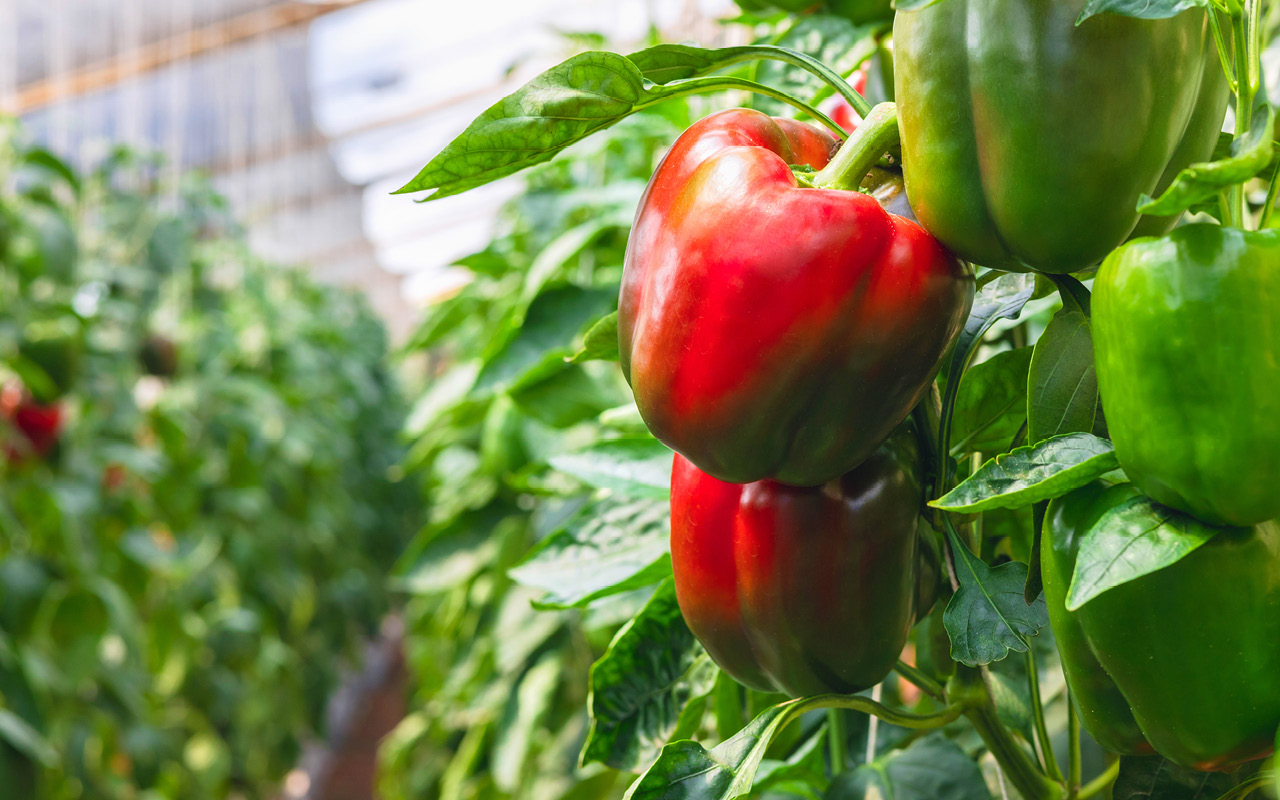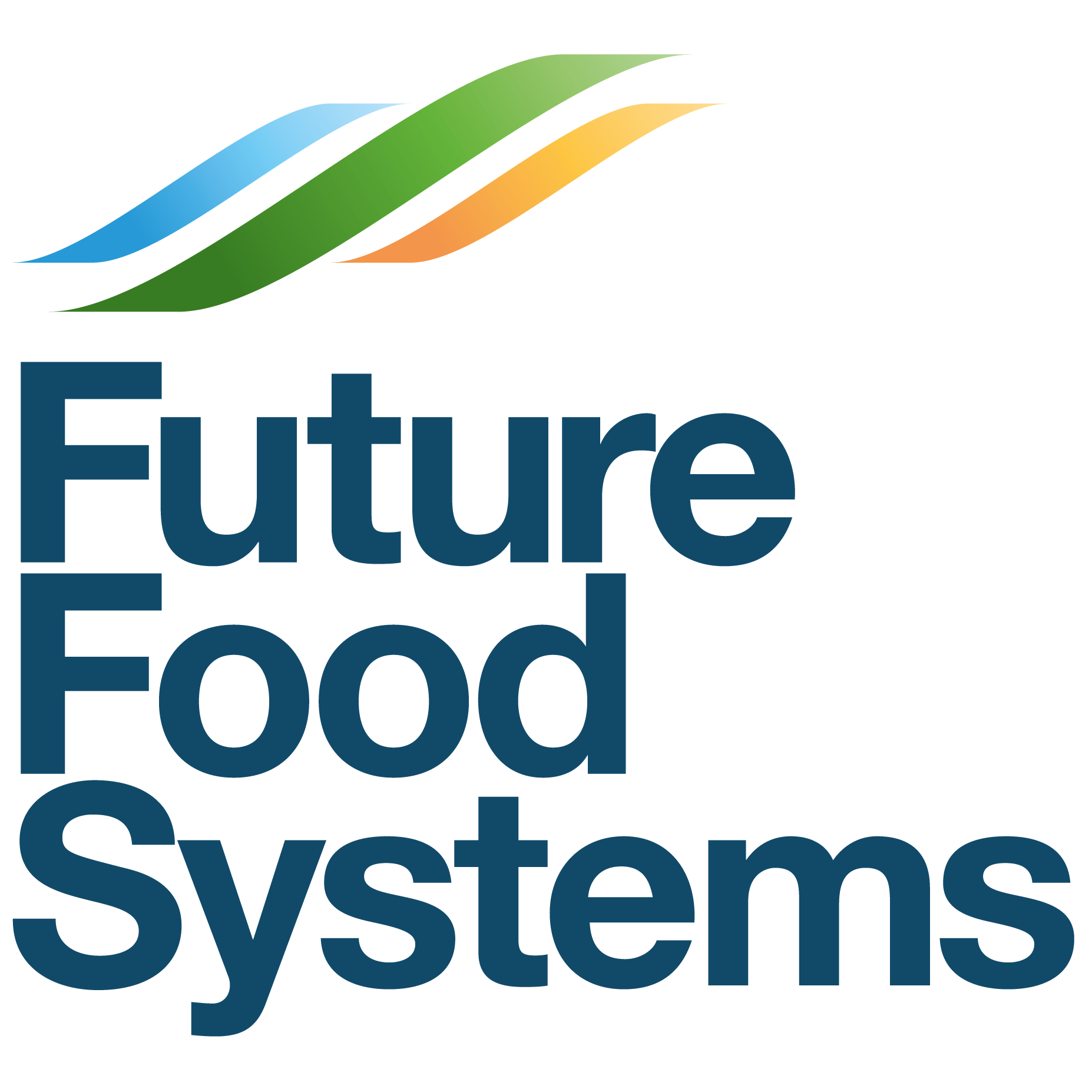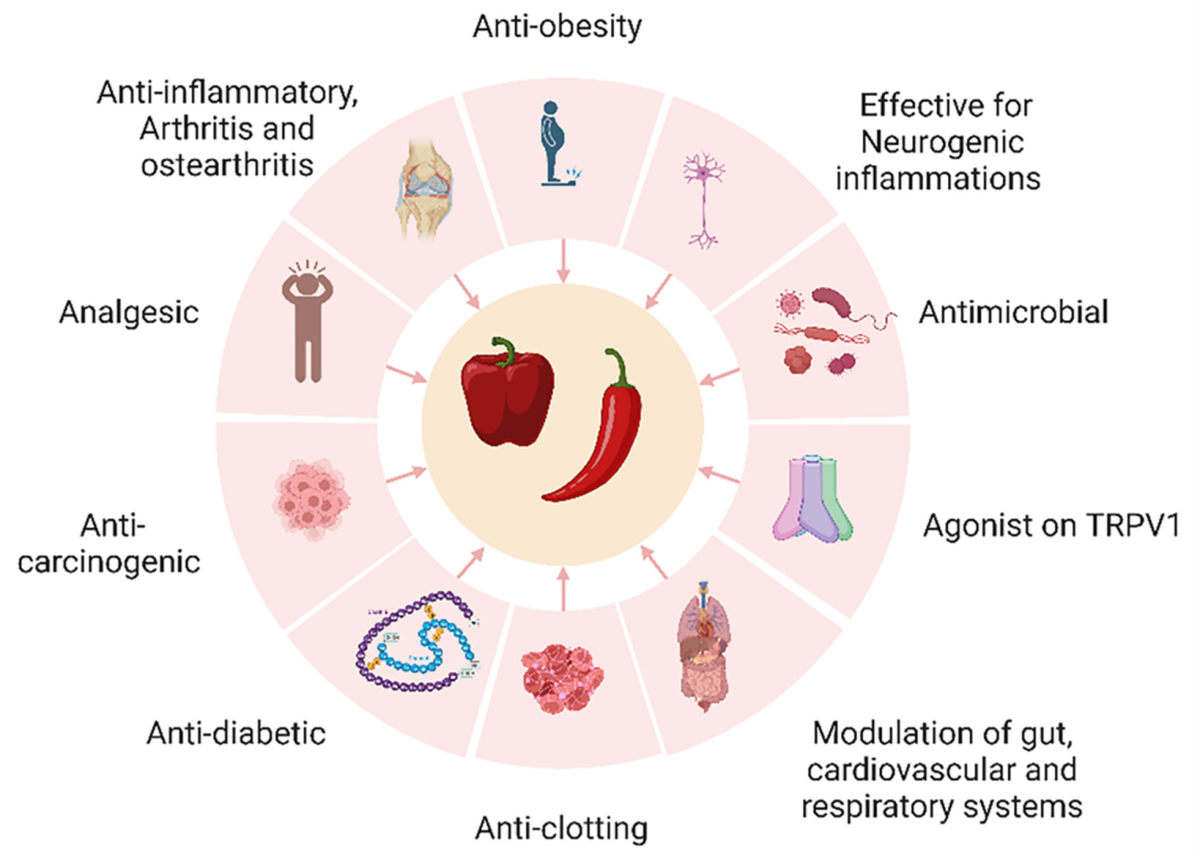Challenge Food waste represents a significant global issue, with nearly one-third of all food produced lost before it reaches consumers. This loss also wastes critical resources such as water, land, energy, and fuel used throughout the supply chain. Once discarded into landfill, food and plant biowaste contribute to environmental degradation through greenhouse gas emissions. Despite fruits and vegetables accounting for only 20% of total food purchases, they are responsible for approximately 50% of food waste in Australia. As protected cropping expands and crop production increases, the associated fruit and plant waste also rises, demanding innovative, sustainable solutions.
Solution This project explores value-adding opportunities by repurposing crop waste from capsicum and chilli production. Specifically, it investigates the extraction of capsaicinoids from low-grade fruit and plant waste. By harnessing these compounds, the project supports the development of nutraceutical and pharmaceutical products. In parallel, it aims to repurpose the leftover biomass post-extraction as a soil improver, contributing to circular practices in crop production.
Impact The project not only offers a pathway to reduce horticultural waste but also provides a potential secondary income stream for growers. It supports environmental sustainability, encourages innovation in protected cropping systems, and promotes the development of health-related products. In doing so, it addresses food waste at multiple levels by turning waste into value and enhancing resource efficiency across the supply chain.










